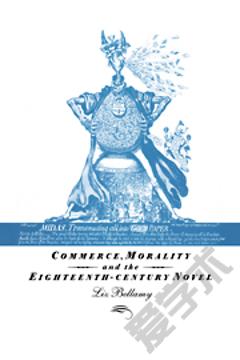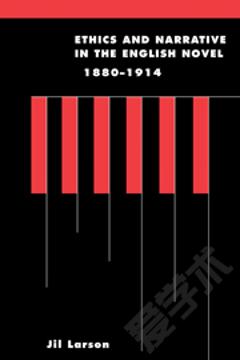Commerce, Morality and the Eighteenth-Century Novel
British culture underwent radical change in the eighteenth century with the emergence of new literary genres and new discourses of social analysis. As novelists developed new forms of fiction, writers of economic tracts and treatises sought a new language and a conceptual framework to describe the modern commercial state. In Commerce, Morality and the Eighteenth-Century Novel, Liz Bellamy argues that the evolution of the novel in eighteenth-century Britain needs to be seen in the context of the discursive conflict between economics and more traditional systems of social analysis. In a series of fresh readings of a wide range of novels, Bellamy shows how the novel contributed to the debate over public and private virtues and had to negotiate between commercial and anti-commercial ethics. The resulting choices were crucial in determining the structure as well as the moral content of the novel.
{{comment.content}}








 京公网安备 11010802027623号
京公网安备 11010802027623号